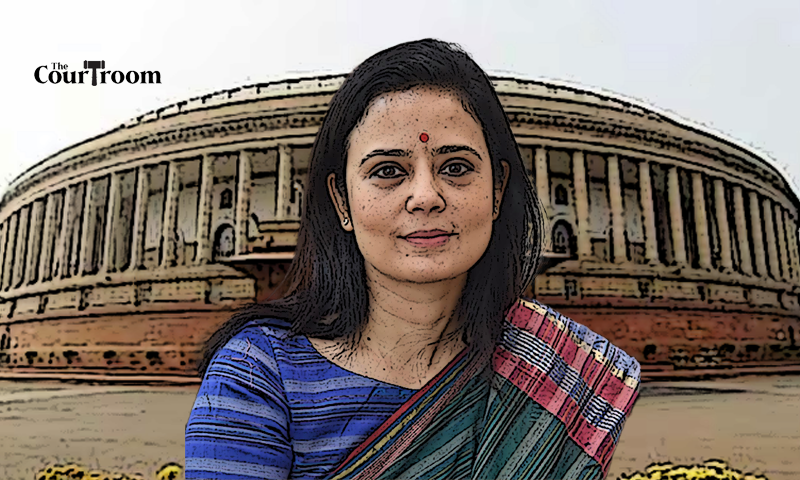Lokpal Initiates Probe into Mahua Moitra’s Alleged Wrongdoings
In a recent development, the Supreme Court has begun anonymizing the names of the accused in judgments that dismiss false rape cases. This move aims to safeguard the privacy and reputation of individuals who are wrongly accused.
For instance, on March 18, the Supreme Court quashed an FIR against an individual accused of rape under the pretense of marriage, and the judgment was titled “Ms.X versus Mr.A,” with the accused’s name kept anonymous. Similarly, in another case decided on March 7, the Court quashed a rape FIR, and the case was titled “XXXX v. State of Madhya Pradesh,” withholding the accused’s identity.
The legal framework already mandates the confidentiality of the identity of the victim in rape and sexual offense cases. Now, the Supreme Court has extended this protection to the accused in cases where the allegations are found to be false.
A Public Interest Litigation (PIL) filed by the Youth Bar Association, seeking guidelines to safeguard the identity of individuals accused of sexual offenses, is currently pending before the Supreme Court. Notably, last year, the Kerala High Court ruled that even the names of the accused in sexual offense cases cannot be disclosed without the Court’s permission, citing Section 327 of the Code of Criminal Procedure as the basis for such protection.
In the case of “Ms.X versus Mr.A,” the Supreme Court bench, comprising Justices BR Gavai, Rajesh Bindal, and Sandeep Mehta, upheld the findings of the High Court. The Court observed that the accusations did not constitute an offense under Section 375 of the Indian Penal Code, as the sexual intercourse between the complainant and the accused was consensual.
Justice BR Gavai, in authoring the judgment, scrutinized the allegations in the FIR and the complainant’s restatement, noting insufficient evidence to establish that the accused had engaged in sexual intercourse with the complainant under false pretenses of marriage.
The Court emphasized that for consent to be vitiated due to a misconception of fact arising from a promise of marriage, two conditions must be met: the promise must be false, made in bad faith, and with no intention of fulfillment, and it must directly influence the woman’s decision to engage in the sexual act.
Drawing parallels with the case of Pramod Suryabhan Pawar v. State of Maharashtra and Another, the Court found that the allegations did not indicate a false promise of marriage nor a direct link between the promise and the complainant’s decision to engage in sexual relations. Additionally, the complainant’s changing statements further weakened the case.
In conclusion, the Court affirmed the High Court’s decision, stating that there were insufficient grounds to proceed against the accused. The judgment underscored the importance of preventing miscarriages of justice and abuse of legal processes.
The legal counsels involved in the case were Mr. Naman Dwivedi, Mr. Vishnu Unnikrishnan, Mr. C Kranthi Kumar, Mr. Danish Saifi, Mr. Sabarish Subramanian for the petitioner, and Mr. M Yogesh Kanna, Mr. Raghunatha Sethupathy B, Mr. S. Sabari Bala Pandian, Mr. Santhosh K, and Ms. Monica Saini for the respondents.
The case title was “MS. X VERSUS MR. A AND OTHERS“.
If you wish to have your News, Articles, Deals, Columns, or Press Releases showcased on The Courtroom, we kindly invite you to complete the form available through the provided link.


